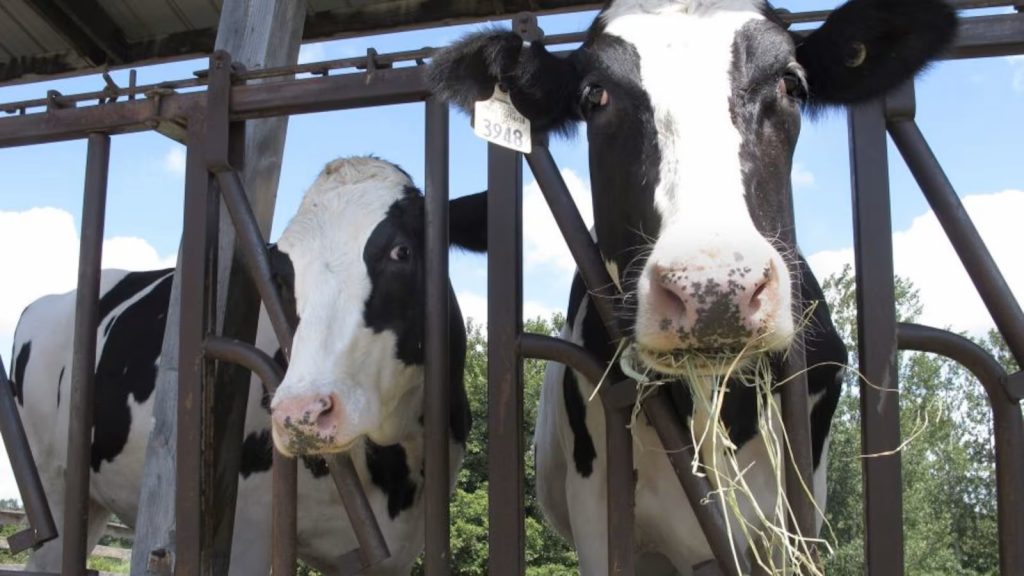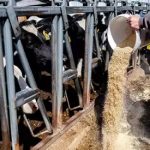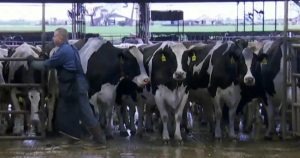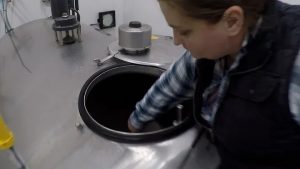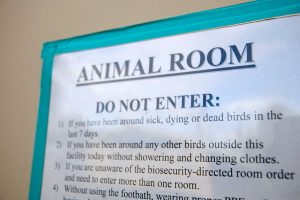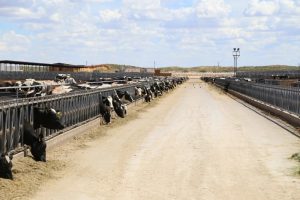
The United States Department of Agriculture (USDA) announced that a case of Highly Pathogenic Avian Influenza (HPAI) has been detected in a dairy herd in O’Brien County.
This is the first reported case of HPAI within a dairy herd in Iowa.
HPAI can travel in wild birds, but is often fatal to domestic birds such as chickens and turkeys. Less than a month ago the USDA announced bird flu had been found among dairy cows in several states. Now, they are tightening the restrictions on taking those livestock over state lines.
“Given the spread of Highly Pathogenic Avian Influenza within dairy cattle in many other states, it is not a surprise that we would have a case given the size of our dairy industry in Iowa. While lactating dairy cattle appear to recover with supportive care, we know this destructive virus continues to be deadly for poultry. Our team at the Department has been preparing for this possibility and will soon be announcing additional response steps to protect our flocks and herds,” said Iowa Secretary of Agriculture Mike Naig.
Investigators are trying to determine how the virus was introduced into the flocks and herd.
So far the USDA has confirmed cases in South Dakota, Texas, Ohio, North Carolina, Michigan, Kansas, Idaho, Colorado, and now Iowa.
Suspected signs of HPAI in poultry include:
- Sudden increase in bird deaths without any clinical signs
- Lethargy and/or lack of energy and appetite
- Decrease in egg production
- Soft, thin-shelled and/or misshapen eggs
- Swelling of the head, eyelids, comb, wattles, and hocks
- Purple/blue discoloration of the wattles, comb, and legs
- Difficulty breathing
- Coughing, sneezing, and/or nasal discharge (runny nose)
- Stumbling and/or falling down
- Diarrhea
Suspected signs of HPAI in dairy cows include:
- Decrease in food consumption with a simultaneous decrease in rumination
- Clear nasal discharge
- Drop in milk production
- Tacky or loose feces
- Lethargy
- Dehydration
- Fever
- Thicker, concentrated, colostrum-like milk
Officials say that it is safe to enjoy poultry products. Consumers should utilize the proper handling and cooking of eggs and poultry products, including cooking to an internal temperature of 165˚F.
If dairy producers suspect cases of HPAI, they should contact their herd veterinarian immediately. Possible cases must also be reported to the Iowa Department of Agriculture and Land Stewardship at (515) 281-5305.
You can now read the most important #news on #eDairyNews #Whatsapp channels!!!
🇺🇸 eDairy News INGLÊS: https://whatsapp.com/channel/0029VaKsjzGDTkJyIN6hcP1K
